Any prediction is only for reference, because anything can happen, not excluding the worst scenario that Niger will become the focus of a regional conflict, the main battlefield of a new proxy war in Africa.
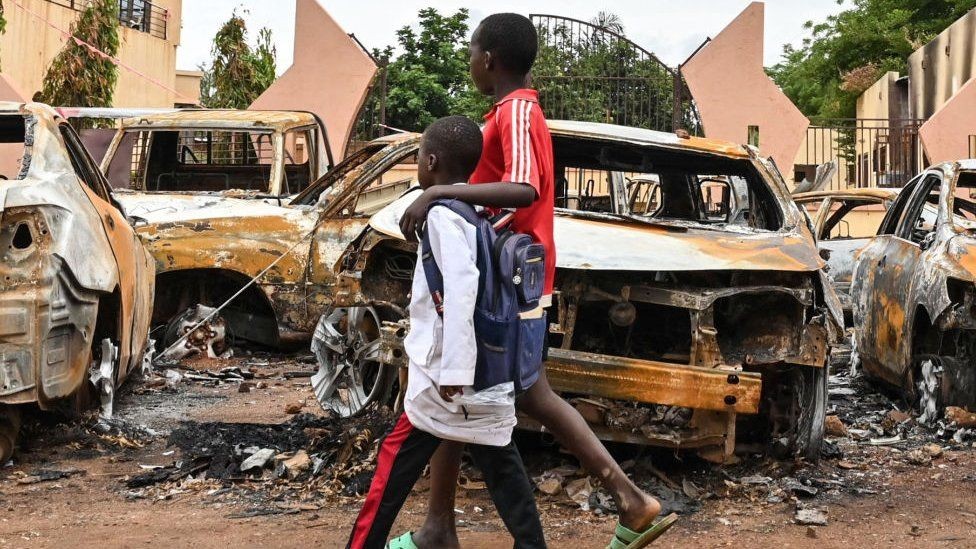 |
| Most Nigeriens are still trying to get on with their daily lives despite the conflict between the coup group and countries in the region. (Source: BBC) |
Coup in Niger - thorough and methodical preparation
On July 26, 2023, the Niger Presidential Guard announced a coup, overthrowing Mohammed Bazoum - who took over the country's leadership after winning the 2021 election. After the coup, Brigadier General Abdourahamane Tiani - commander of the Niger Presidential Guard declared himself "elected head of state", ordered the closure of the border, abolished the current Constitution and issued a nationwide curfew.
Less than two weeks later, the coup forces in Niger installed a new government led by Prime Minister Ali Mahaman Lamine Zeine, an economist. This was the fifth military coup since Niger declared independence and the seventh in the Central and West African region in the past three years.
However, unlike previous coups, this coup has received special attention and exploitation from many aspects by international politicians, policy makers, analysts, and commentators.
Observers say that this coup was carefully and methodically prepared by the Presidential Guard, reflecting changes in the world and domestic situation, and influenced by internal and external factors.
In particular, subjective factors play a major role, directly deciding the overthrow of Niger President Mohammed Bazoum. The reason we can make the above assessment comes from the following reasons:
First , the Niger Presidential Guard carried out the coup in the context of the strategic competition between major powers at its peak. At the time of the coup, international public opinion was focused on the conflict between Russia and Ukraine, especially the large-scale counterattack of the Ukrainian army in the eastern battlefield of the country, as well as the turmoil following the "rebellion" of the Wagner private military group and the fate of tycoon Yevgeny Prigozhin.
Therefore, the coup plan was kept secret until the last minute and the Niger Presidential Guard did not face strong opposition from major countries before organizing the coup, allowing the actual action of this force to take place very quickly. Only when the announcement of the overthrow of Niger President Mohammed Bazoum was made, did the world public opinion become surprised by what was happening in this country, the major countries had not yet had time to "react" when the government was already in the hands of the coup group.
Second , the Niger coup is part of a “coup wave” in the Sahel region. Previous coups not only served as a stimulus but also reinforced the motivation for the Niger presidential guard to overthrow the incumbent leader.
According to international politicians, analysts, and commentators, the coup group organizing a military coup at this time will certainly be under pressure from major countries, but they will receive support from countries led by military governments. These countries will unite to overcome the "heat" of international public opinion, fight back against sanctions, and even military measures from countries in the region.
In fact, Mali and Burkina Faso have declared that the Economic Community of West African States (ECOWAS) military intervention in Niger is a declaration of war against these two countries. In addition, ECOWAS members who have just experienced a coup are also actively promoting negotiations, using “shuttle diplomacy” to ease the situation and avoid a conflict that threatens the peace and security of the West African region.
Third , the coup forces, led by Brigadier General Abdourahamane Tiani, consolidated their social base in the country to overthrow the incumbent President Mohammed Bazoum. In March 2021, with the intervention of the bodyguards, the coup plot against President-elect Mohammed Bazoum by a group of Nigerien army soldiers died prematurely.
According to international political analysts and commentators, at the time after the 2021 election, Mr. Mohammed Bazoum received strong and widespread support from voters, so the coup may succeed but the post-coup government will soon "come to a dead end" because it lacks the support of the people. After more than two years in power, President Mohammed Bazoum's government has increasingly shown weakness in leading the country.
Socio-economic policies have not brought practical results to the people, terrorism is increasing, especially, Niger is increasingly dependent on big countries, especially the US and France. Regarding this issue, the coup forces declared that "the government of the elected President has failed in economic policy, putting the country at risk of increasing instability".
Furthermore, Mr. Mohammed Bazoum is a Nigerien Arab, not a native, a part of the Nigerien population that is skeptical of Arab politicians. After the failures in state management, they are even more suspicious and angry at Mr. Bazoum's behavior towards the country's problems.
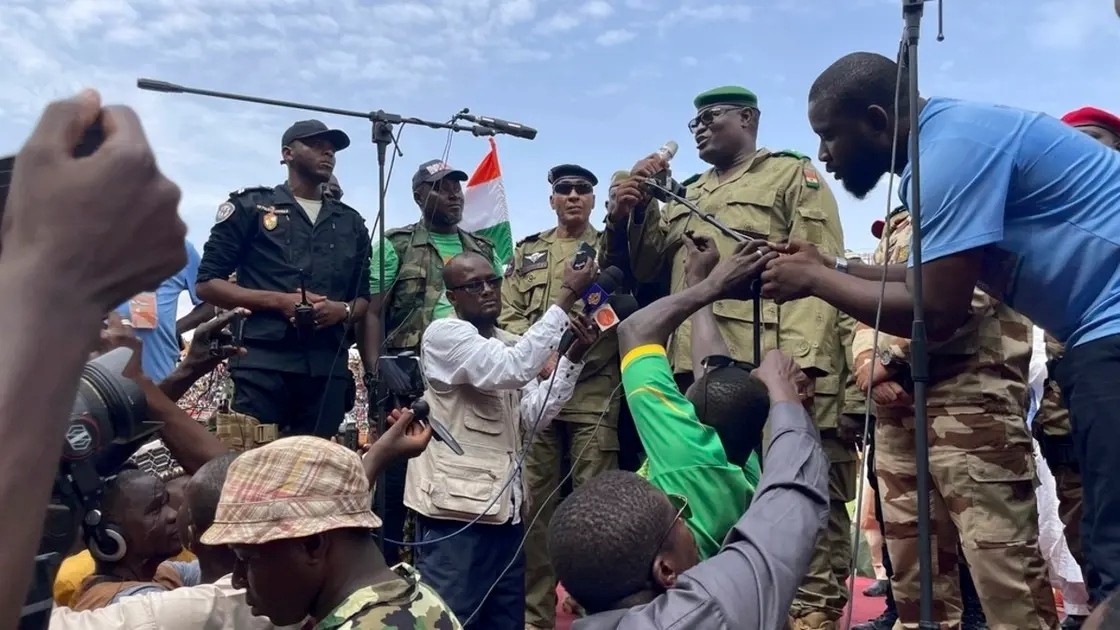 |
| Mohamed Toumba, one of the two generals who led the coup, speaks to supporters of Niger's ruling government in Niamey on August 6. (Source: AP) |
Fourth , the coup forces have fully prepared the political and ideological foundation to lead the country after overthrowing the old government. After the successful coup, the military government led by Brigadier General Abdourahamane Tiani advocated minimizing the influence of Western countries, eliminating the remaining colonial regimes in Niger, issuing nationalist policies, and promoting foreign relations with Russia and China.
It can be seen that the military government's policies and guidelines have been strongly supported by the Nigerien people; hundreds of thousands of Nigeriens gathered in the capital Niamey and major cities across the country to express their support for the coup, many of whom raised slogans opposing the French presence and expressing support for Russia. To promote national reconciliation, the Nigerien military government's leaders also announced the start of a 30-day "national dialogue" to develop proposals to establish the foundation for a "new constitutional life".
Thus, it can be seen that this coup was prepared by the Niger President's guard force for a long time, taking advantage of national and contemporary factors; analyzing the international and domestic situation, ensuring that the coup took place quickly, with a sure victory and no bloodshed. The developments after the coup increasingly confirmed the appropriateness of this assessment, showing that the coup force was ready to take over the government from the ousted President Mohammed Bazoum.
| Niger is a country in the Sahel region, located in West Africa, considered a hot, dry, desert land; high unemployment rate, 41% of the population is poor, ranked 189/191 in the human development index. Unstable security, continuous terrorism by extremist Islamic groups (from January 2020 to August 2022 there were 13 incidents), killing thousands of people. |
Where does Niger's future go?
Shortly after the Niger Presidential Guard declared the coup a success, the international community had mixed reactions. The United States and Western countries expressed a tough stance on the Niger coup, saying that the coup forces should respect the constitutional order and immediately restore power to ousted President Mohammed Bazoum. The United States and France even declared that they would not rule out the use of military force to restore order in this West African country.
On September 7, US officials revealed that the Pentagon is redeploying some troops and equipment in Niger and will withdraw a small number of non-essential personnel “out of an abundance of caution.” This is the first major US military move in Niger since the coup that broke out in the West African country in July.
Two days later, Niger's military government accused France of deploying forces in several West African countries for the purpose of "military intervention" in Niger as hundreds of protesters camped outside a French military base in the capital Niamey to demand the withdrawal of French troops from the country.
Previously, on August 31, the Foreign Ministers of the European Union (EU) agreed to create a legal mechanism for implementing sanctions against officials who carried out the coup in Niger.
In line with the US and other Western countries, ECOWAS has imposed sanctions on the Nigerien military and issued an “ultimatum” demanding that the coup plotters reinstate President Mohammed Bazoum. After the “ultimatum” was rejected, the military leaders of the ECOWAS countries met and declared that “they will intervene militarily in Niger at any time.” In a speech published on September 1 in a Spanish newspaper, Niger’s top diplomat said ECOWAS was determined to take military action if the coup plotters who overthrew President Mohamed Bazoum did not give in.
On the contrary, Niger received great support and backing from the countries in the Sahel region that have just experienced coups, including Mali, Burkina Faso, Chad and Guinea. Mali and Burkina Faso will declare war if Niger is intervened militarily, while Chad and Guinea - two member states of ECOWAS - both oppose the use of military measures, reserving the view of resolving the political crisis in Niger by diplomatic means.
| On September 16, three countries in the Sahel region, Mali, Niger and Burkina Faso, signed a security pact in which the parties pledged to support each other in the event of riots or external intervention. |
For Russia and China, the two countries believe that the instability in Niger needs to be resolved through a political solution to maintain a peaceful and stable environment in the region and the world. On September 4, Niger's national television reported that Chinese Ambassador to the country Jiang Feng announced that the Chinese government intends to play a "mediating role" in the political crisis in Niger after meeting with the Prime Minister appointed by the Niger military government, Ali Mahaman Lamine Zeine.
Faced with conflicting moves from the international community, from statements to actions, the military government in Niger has shown a tough, strong stance, refusing to compromise in the face of external pressure. The head of the military government in Niger, Brigadier General Abdourahamane Tiani, affirmed that “any attempt at military intervention in Niger will not be a walk in the park as many people mistakenly believe.”
In addition, Niger has prepared the necessary conditions in case of war; declared that it would execute ousted President Mohamamed Bazoum if there was military intervention and refused to receive diplomatic delegations from ECOWAS. However, the military government also left open the possibility of negotiations to resolve the political crisis in the country.
The new developments in Niger's political situation have caused ECOWAS to block financial transactions and electricity supplies to Niger, and close the border with Niger, making access to essential goods extremely difficult. After the coup, the lives of the Nigerien people have been disrupted, life, which was already lacking, has become even more difficult, prices of goods have skyrocketed, food shortages and power shortages are becoming more common, threatening the production and daily life of the people of this country.
After July 26, 2023, the power shortage became severe, affecting people's lives and production; and food prices skyrocketed due to border closures. Food sources in Niger depend on imports, and domestic production is not very optimistic because this West African country is suffering from severe drought and has very little arable land.
After the Nigerien presidential guard took power, according to residents in the city of Maradi - a bustling city in southern Niger, near the border with Nigeria, the price of rice increased by about 20%, from 11,000 CFA francs a bag ($18.3) to 13,000 francs in just a few days.
Fuel prices have nearly doubled, from 350 Naira (about 0.45 USD) to 620 Naira per liter since the political upheaval in Niger. Many Nigeriens are skeptical about their future, saying that “most households are hoarding goods. In just a few days, some items have increased in price by 3,000-4,000 CFA francs (5-6 USD). Will the situation continue to be the same in the next month?”
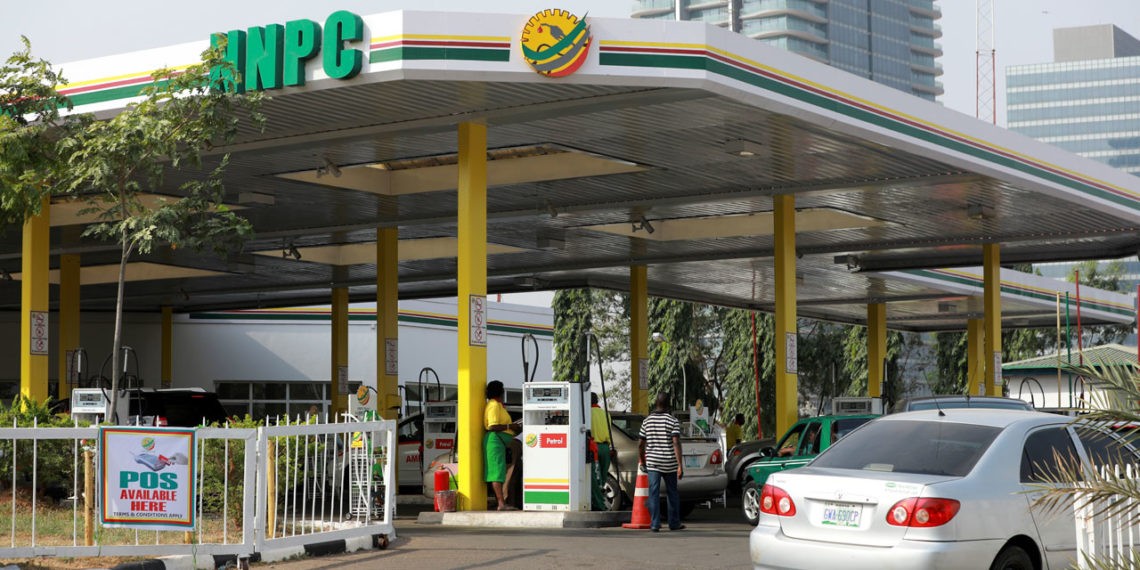 |
| Nigeriens find it difficult to bear soaring prices amid economic and political instability. (Source: Guardian Nigeria) |
Standing at the crossroads of history, anxiety and skepticism about the road ahead are inevitable, especially when domestic difficulties are besieging, foreign pressure is increasingly heavy, the whole country is at risk of becoming a new battlefield of competition between major countries, and there is a very high possibility of a proxy war in Niger.
Every policy and direction of the Niger military government is being closely watched by the whole world, because it not only determines the future of about 27 million people in this country but also affects the peace, stability and sustainable development of the West African region in particular and the world in general.
[*] People's Security Academy
[**] Me Linh District Police, Hanoi
Source



![[Photo] Visiting Cu Chi Tunnels - a heroic underground feat](https://vstatic.vietnam.vn/vietnam/resource/IMAGE/2025/4/8/06cb489403514b878768dd7262daba0b)




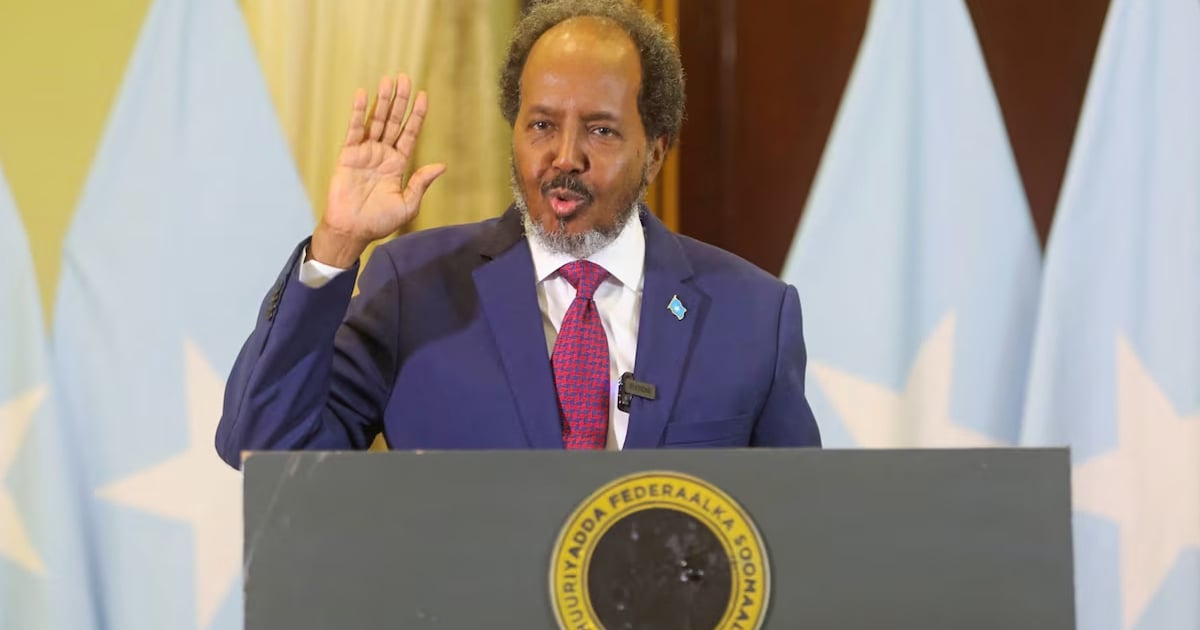

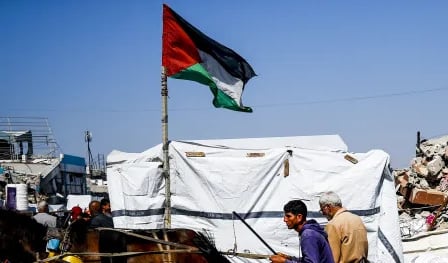

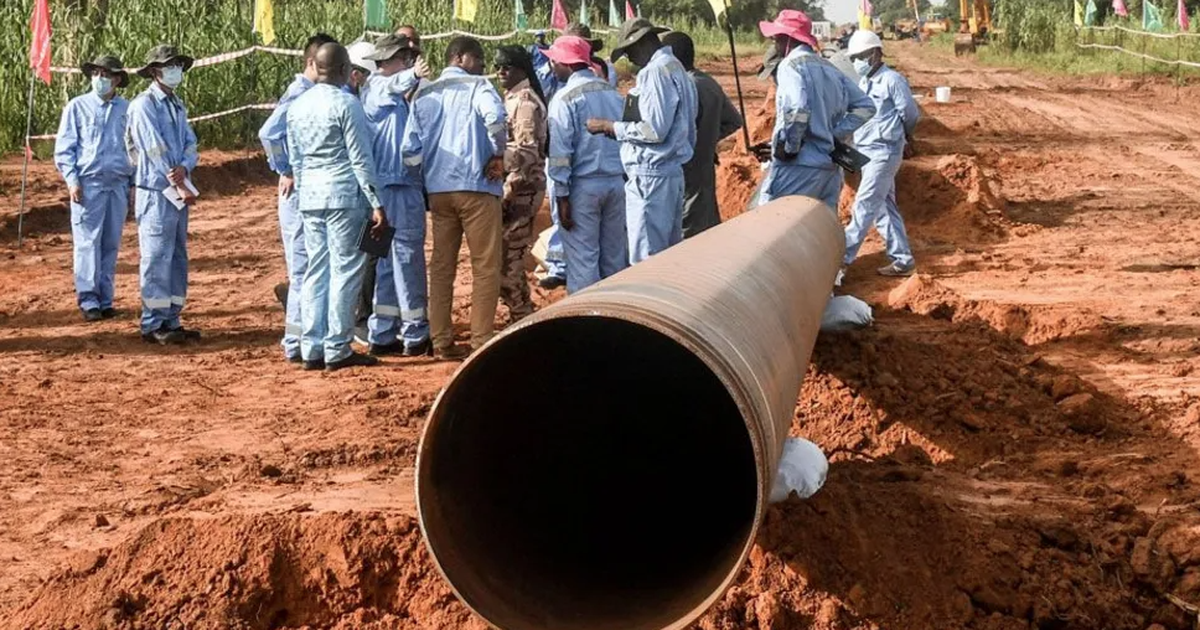
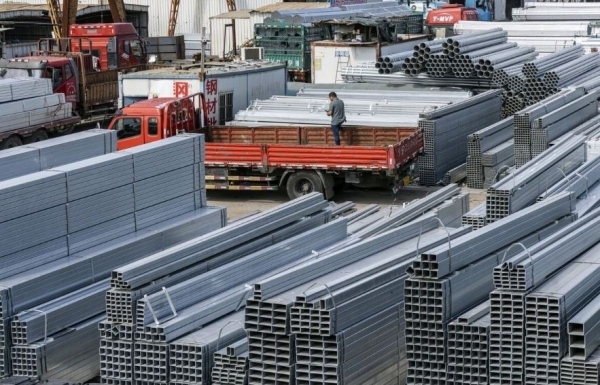

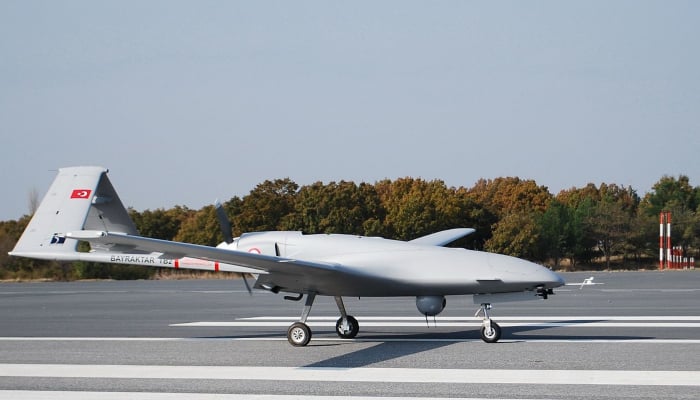





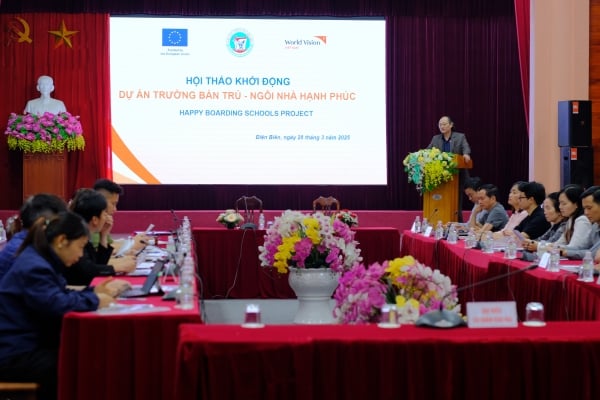
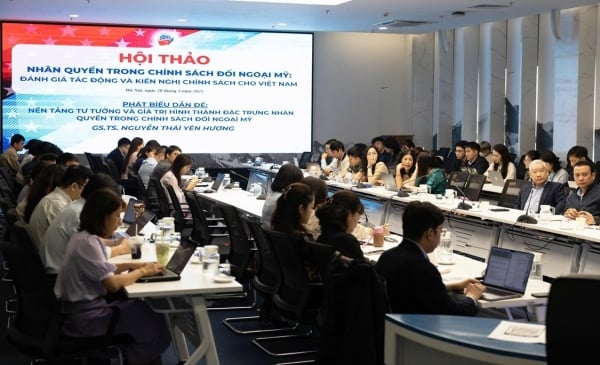





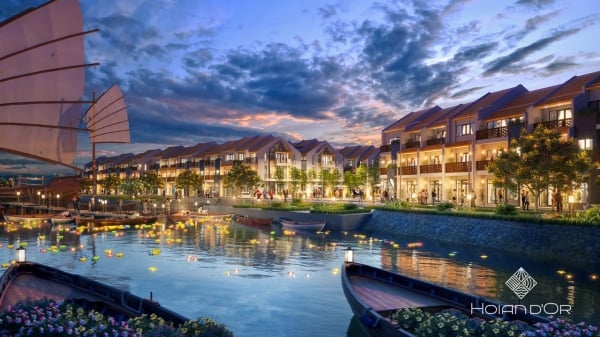














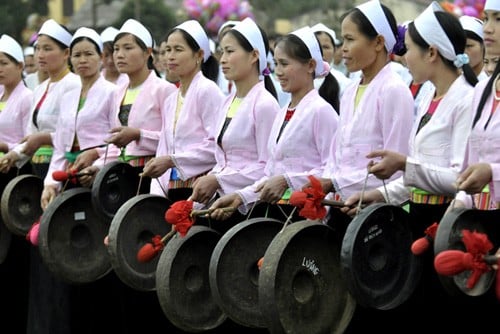





















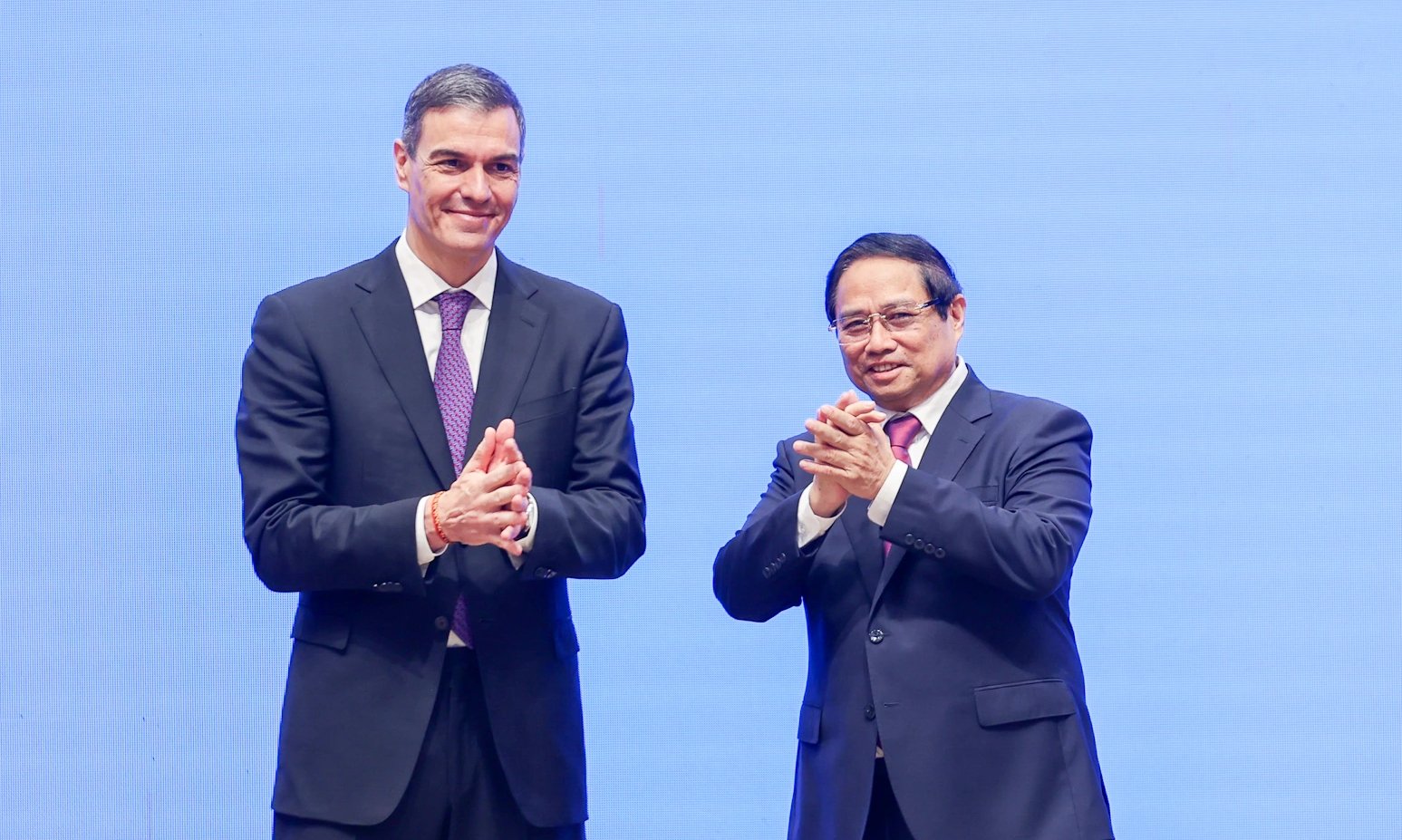
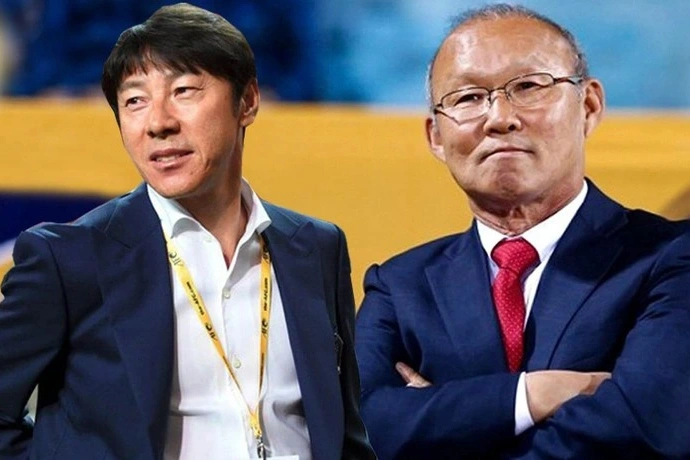
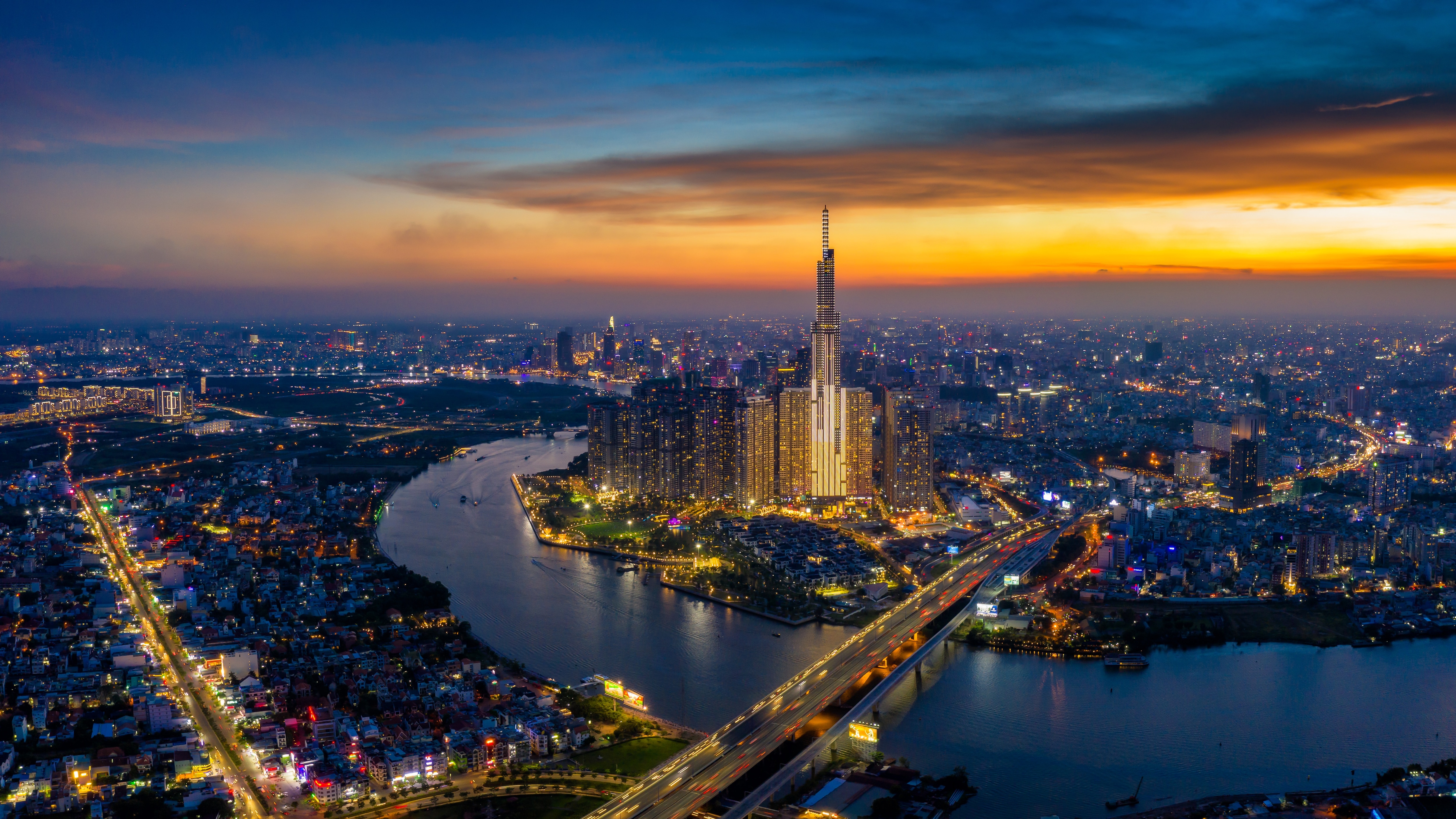

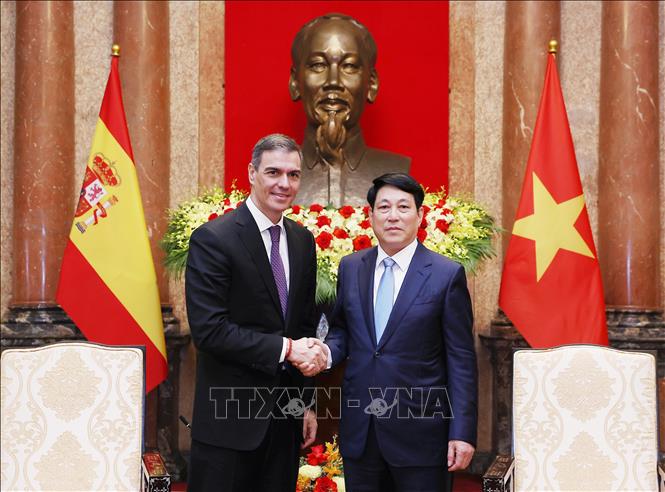








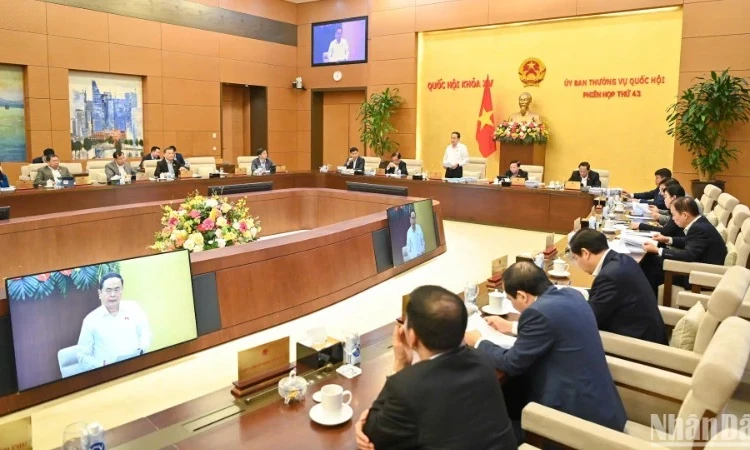














Comment (0)